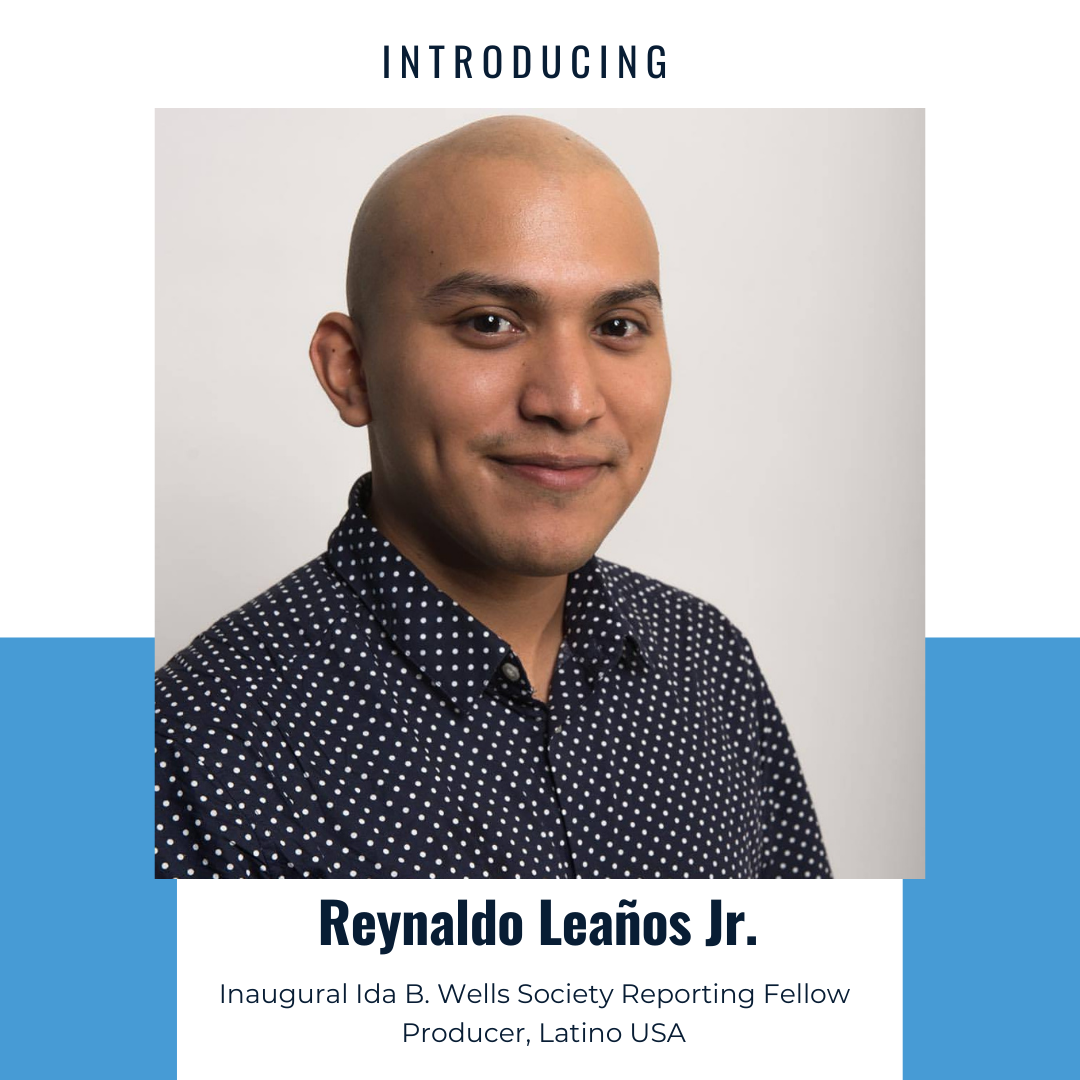is a producer at Latino USA and an inaugural Ida B. Wells Society Investigative Reporting Fellow.
Reynaldo published his investigation, How a White House Lie About “Sex Changes” in Guatemala Helped Decimate USAID at Latino USA.
Learn more about Reynaldo in this Q&A.
Please briefly describe your reporting project.
My story looks at how the Trump administration’s slashing of USAID impacted a local LGBTQ organization in Guatemala and what the larger ripple effects of the canceling of USAID programs can have across Central America.
What made you apply to this program?
I applied to the fellowship because I wanted to sharpen my investigative reporting skills because this is the type of work I want to continue to do moving forward.
What is the most impactful investigative reporting tool/trick you learned through this fellowship?
One of the most impactful things I learned was the data training that we received and it’s something that I want to continue to get better at. I’ve also just really challenged myself to find unique sources and really do so much more pre-reporting in every story that I do.
Why was it important to pursue/publish this story idea and what impact do you see it having?
It was important for me to pursue this story because it showed, on a granular level, the real-life impacts that policy from the U.S. has on everyday people. The story also weaves in a “lie” that the administration made about this organization, so I also explore the impact a “lie” made by the U.S. can have thousands of miles away on an already marginalized group of people. So it was important to me to help document this moment in history, as the U.S. slashes USAID and help put a human face to it.
Why is investigative journalism important to you?
Investigative journalism is important to me because this is the type of reporting that goes deeper and beyond the everyday news. It’s a skill to push oneself, as a reporter, to find a unique angle, think about accountability and hear from those who are most impacted in order to help bring light to an issue.


Leave a Reply